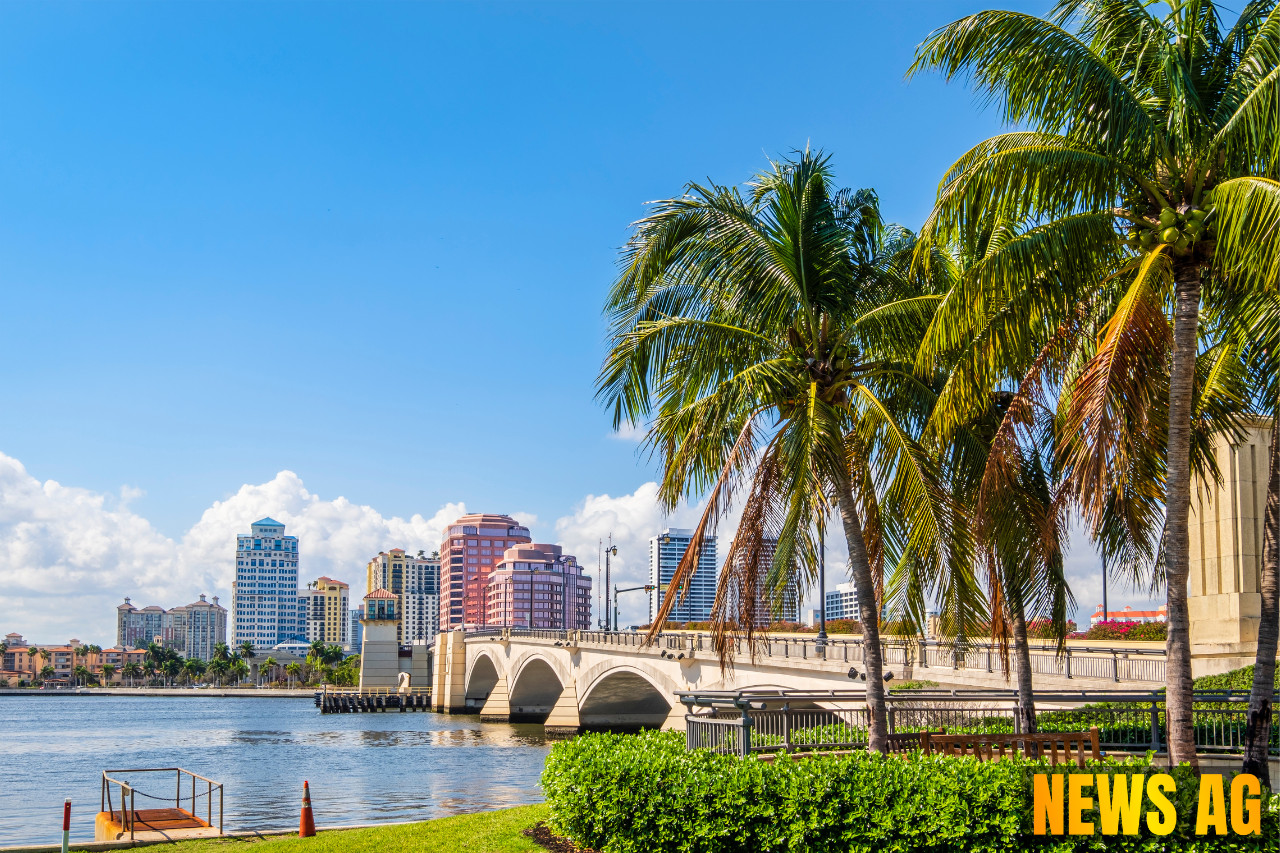
The city of Palm Bay is currently navigating a challenging situation following a significant wastewater spill into Turkey Creek, which connected to the Indian River Lagoon. As reported by My News 13, an estimated 3 million gallons of wastewater leaked due to a line break, though crews have successfully recovered about 2 million gallons so far. This incident has raised alarms regarding water quality and its impact on the local ecosystem.
Authorities have placed warning signs along Turkey Creek to alert residents about the potential hazards of the discharge. In light of ongoing concerns, water sampling from five monitoring sites is taking place in a continuous cycle, scheduled to last for the next three to four weeks. Palm Bay Mayor Rob Medina has assured the public that crew members will remain onsite throughout the week to oversee the situation.
Impact on Water Quality
The quality of water in the lagoon is crucial for ensuring the safety of humans, animals, and plant life. Data from the Lorida Institute’s 2024 report emphasizes how poor water quality can lead to devastating effects, such as harmful algal blooms and fish kills. Key indicators such as temperature, pH levels, dissolved oxygen, and pollutants are vital for assessing water cleanliness. Increases in bacteria levels have already been noted in recent samples from Turkey Creek, as reported by the Marine Resources Council (MRC).
The concern extends beyond the current spill. According to the MRC’s 2024 Indian River Lagoon Health Report featured by The Palm Bayer, the Central Indian River Lagoon, which includes Palm Bay, suffers from „poor“ health metrics. The report indicated ongoing issues such as two harmful algal bloom events between August 2023 and August 2024, and a troubling trend of seagrass coverage rated as „very poor.“ With 52 wastewater spills recorded in the lagoon watershed over the past year, community concerns about water safety and ecological health are escalating.
Community Involvement is Key
As Palm Bay grapples with these challenges, community engagement is seen as a vital element in restoring the health of the lagoon. Recommendations from the Health Report underline the importance of reducing fertilizer use, upgrading wastewater treatment infrastructure, and transitioning from septic systems to sewer connections. Recent efforts have seen success—a septic-to-sewer conversion program funded by ARPA has resulted in a notable 15% reduction in nitrogen runoff in targeted neighborhoods.
Brevard County Commissioners are actively seeking volunteers for the Save Our Indian River Lagoon Citizen Oversight Committee, calling on residents to get involved in local conservation initiatives. Community participation is viewed as an essential strategy in enhancing water quality and restoring the delicate balance of this vital ecosystem.
As we await the results of the ongoing water quality tests, the future health of the Indian River Lagoon hangs in the balance, reminding us all of the importance of vigilance and community action in preserving our local environment.
